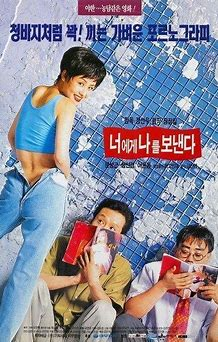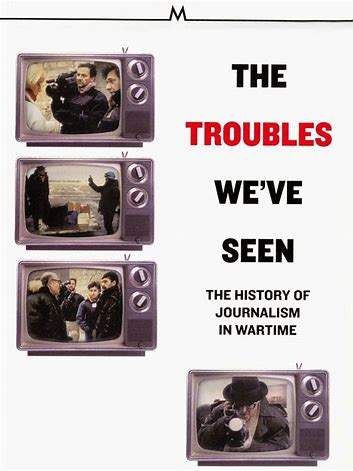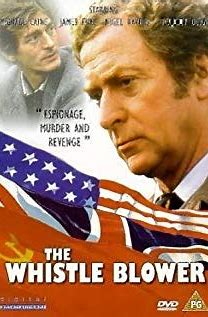Jang Sun-woo’s seldom-seen To Me, From
You gleefully assails just about every aspect of contemporary South Korea,
finding almost no marker of propriety or achievement that can be taken at face
value, no sexual coming together that isn’t toxic, transactional or otherwise
doomed. A writer under a cloud for allegedly plagiarizing his prize-winning
novel is visited by a younger woman who says she knows he’s innocent, because
his narrative corresponded to a dream she had; they rapidly have sex, and then
she moves in, seeming intent on boosting his flagging career (reduced to
various corporate ghost jobs and other menial assignments) while also doing it
with other men for a variety of strategic or intuitive reasons. The third main
character is the writer’s drinking buddy, a bank clerk left impotent by his
life’s one big love affair, and with little forward momentum of any other kind
(none of the three characters are named, seemingly a mark less of symbolic
universality than of their ultimate insignificance and malleability). The film
is stylistically and narratively restless, allowing the viewer little chance of
guessing at any point what’s coming next; it frequently cites writers and theorists
(John Berger, Theodor Adorno…) and spends a surprising amount of time on
analyzing and channeling Arthur Penn’s Bonnie and Clyde (seemingly the
bank clerk’s favourite film, in part at least for the impotence angle); toward
the end, it transitions for a while into animation, in a passage startling for
its savage sexuality. The final (live-action) stretch has the trajectories of all
three characters unexpectedly shifting, while offering little sense of
permanence; two of them achieve celebrity with little effort, the other settles
into subservience and seems all the happier for it, for now. So there’s some
sort of message there about applied self-knowledge and integrity. Sort of…




